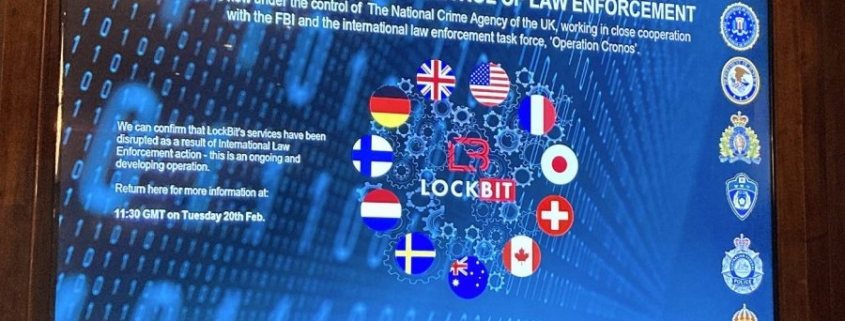The Navy is offering some sailors $100,000 to reenlist
The good news for sailors looking for a nice cash bonus to reenlist is that those in one rating — cyber warfare technicians — are seeing a major increase in reenlistment bonuses and are now eligible for a whopping $100,000.
The not-so-good news is that there are only 22 of those sailors in the Navy who are eligible.
But across the fleet, bonuses are up or at least stayed flat for many ratings that were eligible in Fiscal Year 2023, Navy officials told Task & Purpose, as part of the most recent adjustments to the service’s Selective Reenlistment Bonuses, or SRBs. Some, though not all, Hospital Corpsman can also get $100,000, up from $90,000.
“SRBs are used to manage manning in specific ratings and NECs [Navy Enlisted Classifications], said Navy Capt. Jodie Cornell, a spokeswoman for the Chief of Naval Personnel. “SRBs incentivize experienced Sailors with critical skills to stay Navy. SRB award levels are continually adjusted to manage the real-time needs of the Navy and specific community retention goals.”
No bonuses were reduced nor were any ratings removed from the eligibility list as part of the latest changes, which became effective on April 15, Cornell told Task & Purpose.
The bonuses are awarded to sailors in three categories based on how long they have been in the Navy: Zone A refers to sailors with between one month and six years of service; Zone B includes sailors with between six and 10 years of service; and Zone C refers to sailors with between 10 and 14 years of service.
Cyber warfare technicians, or CWTs, saw the largest jump, with an increase to $100,000 in Zones A, B, and C. Prior to the changes, CWTs and Zones A and C were eligible for $60,000 and sailors in Zone B could collect a $75,000 reenlistment bonus.
Subscribe to Task & Purpose today. Get the latest military news and culture in your inbox daily.
The Navy created the CWT rating in response to the Fiscal Year 2023 National Defense Authorization Act, which required the Navy to separate the job from cryptologic technicians, officials said.
The CWT community is small, and only 11 sailors in Zone A, seven sailors in Zone B, and four in Zone C are eligible for the…



